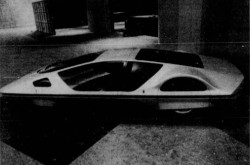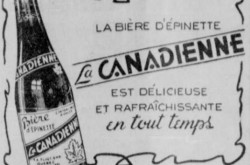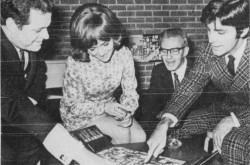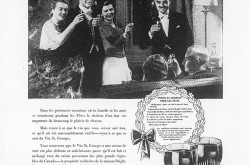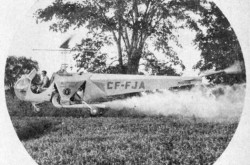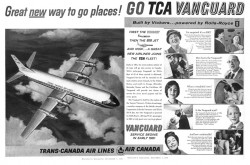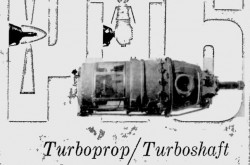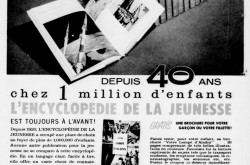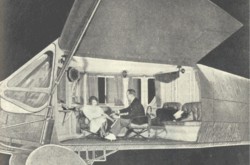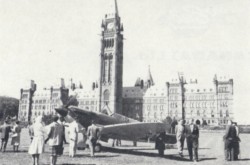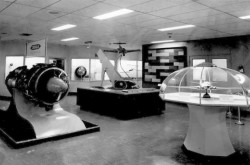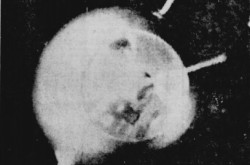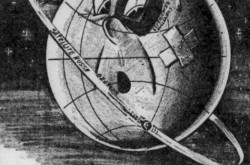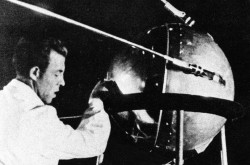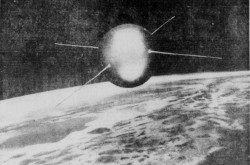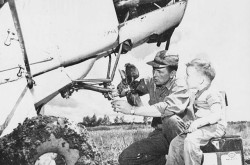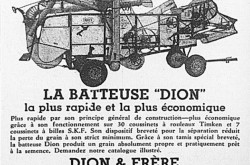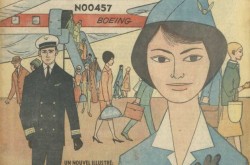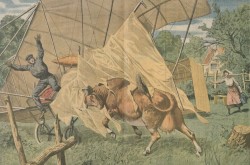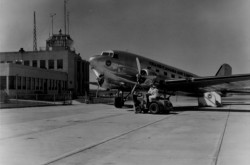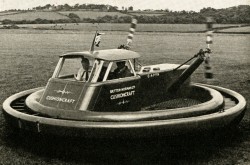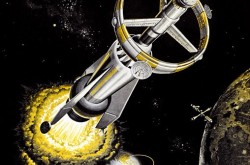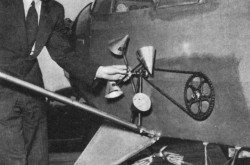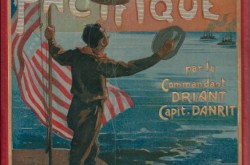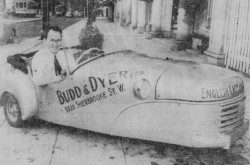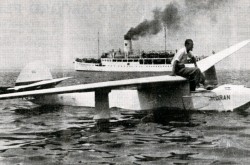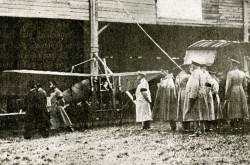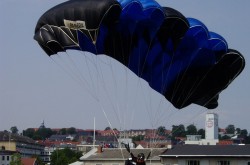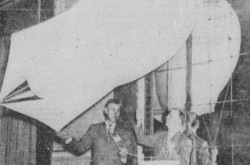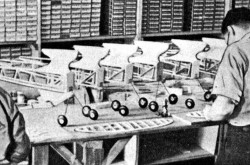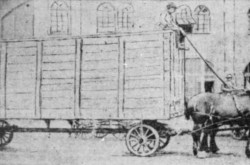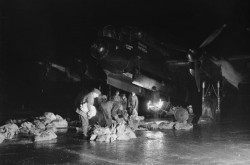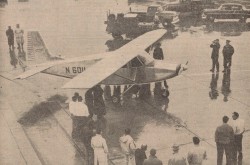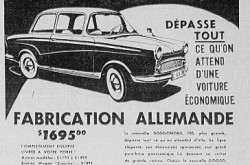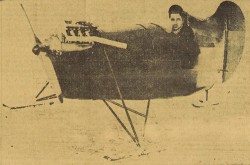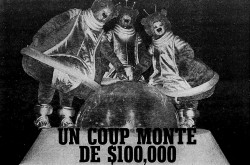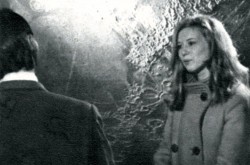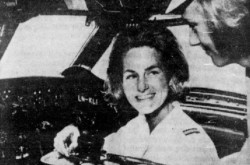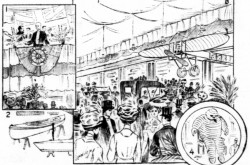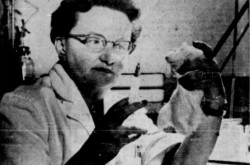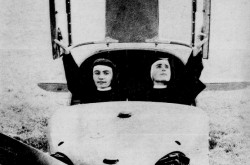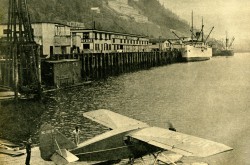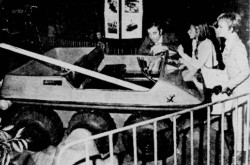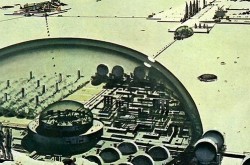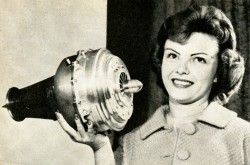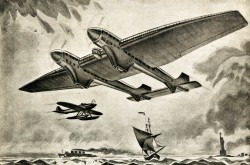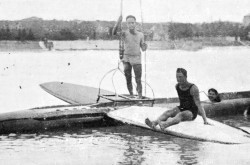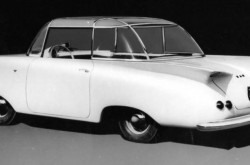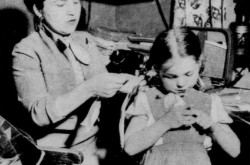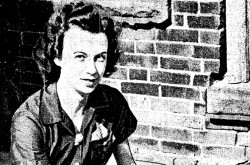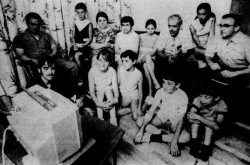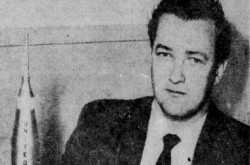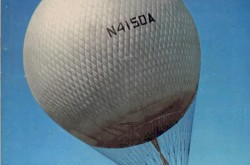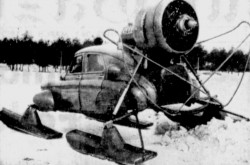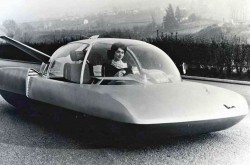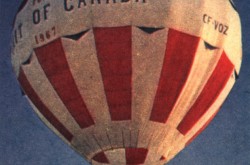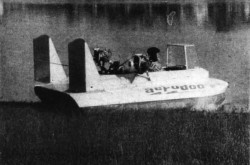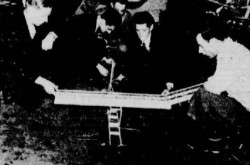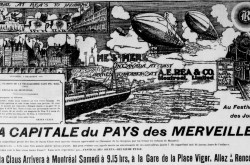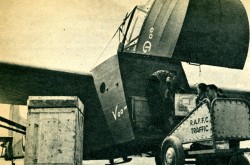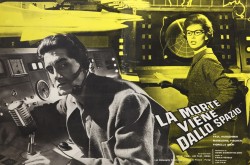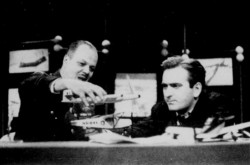From a Lion Brewery in Waterloo to a Ranger Brewing in Kitchener, and more: A brief look at the history of a somewhat forgotten Ontario brewery
Guten Morgen, mein Lesefreund. Wie geht’s? Would you like to join me in a little jaunt down the yellow brick road of memory lane to a beer garden near you? Wunderbar! The topic of this week’s issue of our intellectually rewarding and stimulating blog / bulletin / thingee is a brewery. Grab yourself a stein of non alcoholic beer and some giant pretzels, and join me at a table in the shade.
Once upon a time, between 1837 and 1840, in Waterloo, Canada West, the Western half of the Province of Canada, today’s Ontario, a recent germanophone immigrant by the name of Georg “George” Rebscher opened a brewery. That opening was quite a significant event in the beery history of Canada. You see, Rebscher was / is apparently the gentleman who introduced bottom fermented beers, in other words lagers, to the beerophile community of North America.
Personally, yours truly prefers Belgian top fermented beers, in other words Belgian ales, but let us not dwell. All tastes are in nature, even though Belgian ales are clearly amaazing. Mind you, some / many German top or bottom fermented beers are equally amaazing, but I digress.
In 1842, Rebscher’s son, Wilhelm “William” Rebscher opened a brewery and inn, the British Crown, in Waterloo. Sadly enough, that gentleman died at a fairly young age in 1856.
It so happened that, shortly before the passing of the younger Rebscher, another germanophone immigrant had rented his premises. Shortly after that passing but still in 1856, Adam Huether acquired said premises. Thus was born the Lion Brewery. His son, Christoff “Christopher” Huether, took over the business in 1860.
By the way, Huether was / is apparently pronounced ho-tyr rather than hugh-thur.
At some point later on, perhaps in 1870, the Huethers hired a contractor to build a hotel on the property. The Huether Hotel soon became known as the finest establishment of its type in the region. It owned its renown in part to the quality of the beer and food it served.
Christopher Huether died in September 1898. Sadly enough, the property was heavily mortgaged at the time. Huether’s will stipulated that his heir would have to wait a year before he could buy said Huether Hotel and Lion Brewery. In the meantime, Christopher Nicholas “Chris” Huether would have to pay every mortgage payment.
Nine days before the end of the one year period, Huether missed a payment. As a result, the Huether Hotel and Lion Brewery were sold at auction. The buyer was Theresa Kuntz, born Bauer, the widow of Louis Kuntz, who had owned Louis Kuntz Park Brewery (Registered? Limited), also located in Waterloo.
Even though yours truly realises that the topic of this article is not the Kuntz family, I would be remiss if I did not mention that Kuntz Brewery Limited, a corporate name adopted in 1910, became one of the members of Brewing Corporation of Ontario Limited of Toronto, Ontario, in March 1930. It became Carling-Kuntz Breweries Limited of Waterloo in October 1936, and a division of what was then Brewing Corporation of Canada Limited of Toronto. That latter firm became Canadian Breweries Limited in April 1937, incidentally.
Unwilling to risk losing sales because of its half Germanic name, a definite possibility in wartime you will admit, especially when the United Kingdom seemed threatened with invasion, Carling-Kuntz Breweries became Carling Breweries Limited in July 1940. It became an element of Carling-O’Keefe Limited of Toronto in April 1973. In turn, that firm merged with Molson Breweries of Canada Limited of Montréal, Québec, a subsidiary of Molson Companies Limited, also of Montréal, in January 1989, to form Molson Breweries Limited of… Montréal. Molson Incorporated, as the firm was known by then, merged with American beer giant Adolph Coors Company to form Molson Coors Brewing Company in January 2005. As of 2023, that firm was known as Molson Coors Beverage Company.
And yes, the Canadian half of that brewing giant was indeed mentioned several times in our stunning blog / bulletin / thingee since April 2019. End of digression and back to the topic of the day.
The transfer of ownership of the Lion Brewery to the Kuntz family, in 1898 or 1899, led to a change of venue on the part of the young Huether. Indeed, he soon set up shop in Berlin, Ontario. His new brewery was also called Lion Brewery.
Some sort of reorganisation took place in late February or early March 1909, or in August 1910, unless two reorganisations actually took place. In any event, the brewery became a joint stock company known as Berlin Lion Brewery Company Limited, I think. Huether managed the brewery but ceased to be its owner in August 1910.
The First World War proved to be a difficult period for breweries and their owners. As you may well imagine, the horrendous losses suffered in Europe by the warring parties led to increasing demands for personal sacrifices in Canada. Temperance / prohibition activists seized the occasion offered by the conflict to push their agenda. Alcohol in all its forms was portrayed as a deadly foe which was weakening Canada from within. Indeed, the men who drank alcohol in whatever form, the ones who sold them that alcohol and the men who produced that alcohol were hindering victory. I kid you not.
Brewery owners with German sounding names faced more opprobrium. Brewery owners with German sounding names who lived in Berlin faced even more opprobrium. Indeed, Berlin became Kitchener as a result of a referendum held in May 1916, a wartime referendum tainted by intimidation and fanaticism.
Incidentally, Earl Kitchener of Khartoum and of Broome / Viscount Broome / Viscount Kitchener of Khartoum, of the Vaal River and of Aspall / Baron Kitchener of Khartoum and of Aspall, born Horatio Herbert Kitchener, was the British Secretary of State for War between August 1914 and June 1916, when the warship he was on hit a mine laid by a German submarine and sank, ending the lives of all but 12 of the 750 or so people onboard, but back to our story.
The push for a province wide prohibition eventually proved irresistible in Ontario, a province where most municipalities had some sort of prohibition in place when the war began, in 1914. Indeed, the Ontario Temperance Act came into force in September 1916. It prohibited the sale of alcohol but did not prohibit the production or importation of alcohol. Mind you, the production of alcohol for sacramental or medicinal purposes might not have been affected by that measure.
And yes, Ontario doctors prescribed a lot of booze from September 1916 onward. How much of that booze was actually acquired to treat an ailment will never be known.
In any event, from September 1916 onward, Berlin Lion Brewery seemingly had to reduce its workforce. It survived by making near beer for the local market. Whether or not it exported regular / strong beer to the United States was / is unclear.
While most of Canada was… dry, some Québec cities of indomitable “wets,” Montréal and Hull especially, still held out against the prohibitionists. Whether or not Berlin Lion Brewery exported regular / strong beer to those cities was / is unclear.
And if you think that the righteous residents of Ottawa, Ontario, never ever crossed the Ottawa River to wet their whistle in Hull, yours truly has a bridge with your name on it.
Even though the Armistice of November 1918 brought the fighting to a close, the Ontario Temperance Act remained in effect. Producing near beer was an option. It might also have been possible for breweries to export regular / strong to other countries and provinces. It remained to be seen whether those sales were legal or not. As we both know, there was a huge illegal market in the United States since the onset of prohibition in that country, in January 1920. In Québec, on the other hand, the Commission des liqueurs de Québec, a state monopoly created in May 1921, might perhaps have become a customer.
And there things stood until the provincial general election of December 1926. Well aware that prohibition was not quite as popular as it had once been, the incumbent Premier indicated his willingness to change the deal if he got elected. George Howard Ferguson won that general election. In May 1927, prohibition came to an end in Ontario. And yes, the Liquor Control Board of Ontario came into existence that very year.
Things were also changing for our brewery. Huether Brewing Company Limited, a new corporate identity adopted around 1919-20, I think, suspended its brewing activities in 1920 because it had next to no orders. Mind you, a coconut processing firm leased at least part of the brewery, and this for a couple of years.
Huether Brewing restarted its brewing activities in 1924.
In August of 1925, the Attorney General of Ontario, William Folger Nickle, cancelled the licence of Huether Brewing. You see, the firm had sold an unspecified amount of beer containing more than the 4.4 % of alcohol permitted by the Ontario Temperance Act to a hotel proprietor from Toronto. The brewery had to drop a couple of managers and agree to pay a bond before Nickle agreed to give it another licence.
Incidentally, Huether Brewing’s recognition that it had been responsible for the delivery of the overly powerful brew meant that the proprietor of the hotel saw his jail term remitted. A nice gesture, if I do say so myself.
Would you believe that one of the people at the heart of Huether Brewing, one of the sons of “Chris” Huether in fact, Carl Huether, testified in April 1927, in front of the Royal Commission on Customs and Excise created to look into possible deficiency and corruption issues within the Department of Customs and Excise, a rather troubled department which became the Department of National Revenue in March 1927? Indeed, he did. Huether admitted that at least half of the regular / strong beer produced by that brewery between 1924 and 1926 had been sold and delivered in Ontario. That such sales and deliveries went against the Ontario Temperance Act went without saying. In many / most cases, the drivers of the trucks which carried the beer had export entry forms they could wave to allay suspicion.
Before I forget, Nickle resigned from the Executive Council of Ontario, in other words the cabinet of Ontario, in October 1926. And yes, said resignation was a direct consequence of the aforementioned Ferguson’s willingness to change the way alcohol would be sold in Ontario.
And yes, my incorruptible reading friend, the Royal Commission on Customs and Excise unearthed countless cases of corruption at both provincial and federal levels. One could argue that the Department of National Revenue stank to high heaven. The commission’s report was tabled in January 1928, but back to our story.
Two individuals with experience in the brewing industry had joined the managerial team of Huether Brewing in February 1927, when its owner, the aforementioned “Chris” Huether, in ill health for some time, sold the business to a group of businessmen. Those two individuals, two Ontarians, who were perhaps, I repeat perhaps, francophones, William Paul Renaud and Arthur Joseph “Art” Diesbourg, gradually gained control of Huether Brewing. The latter became the firm’s President at some point.
One has to wonder if said group of businessmen knew that their predecessors at the head of Huether Brewing had apparently been cooking the books to keep the company afloat. Indeed, one could argue that the firm was all but bankrupt in February 1927.
And yes, Huether Brewing was shipping beer to the United States, prohibition be damned. In in the spring of 1928, a newly hired and inexperienced truck driver arrived at the Lake Erie harbour of Port Stanley, Ontario, without the export forms the customs officials needed to let the 150 cases of beer he was carrying proceed toward another Lake Erie harbour, in Toledo, Ohio. Said officials immediately seized the booze. That seizure was dealt with at the police court. The magistrate recognised that the seizure was the result of a human error caused by inexperience. The 150 cases of beer were therefore returned to the brewery so they could be shipped to Toledo.
In 1934, Diesbourg found himself embroiled in a patent dispute involving an inventor from East Windsor, Ontario. You see, back in 1932, two Huether Brewing employees, a Franco Ontarian by the name of Ernest Joseph D’Aoust and an American by the name of Herbert Lawrence Dickens, had developed a (stainless?) steel beer container and cooler. Intrigued by that new beer keg, Diesbourg asked that a prototype be made in house, adding that he would finance the development of the idea if it proved satisfactory. The first prototype having proven too flimsy, a beefier one was produced out house, in the nearby town of Walkerville, Ontario.
The second prototype proved so promising that, in July 1932, Renaud sent to D’Aoust a check for $ 100, a sum which corresponded to approximately $2 060 in 2023 currency, adding that Huether Brewing would take over production of the new keg. D’Aoust, Dickens, Diesbourg and Renaud signed an agreement in August according to which the inventors of the keg would have a half-interest in the project that Diesbourg and Renaud would finance.
D’Aoust and Dickens applied for an American patent in July, seemingly with the full knowledge of their business partners. The dynamic duo applied for a Canadian patent in August, seemingly with the full knowledge of their business partners. Those patents were respectively issued in October 1933 and March 1934.
Eager to improve the keg, D’Aoust suggested some improvements to the basic design in 1933. Diesbourg offered to pick up the required components in Montréal. In December 1933, a couple of days before Christmas in fact, D’Aoust asked Diesbourg if he had picked up said components. The latter had not. Indeed, he stated that the aforementioned Renaud had been advised not to use steel kegs to store / deliver beer. An increasingly distraught D’Aoust then heard that the patents were worthless. Diesbourg fired him on the spot.
Unknown to D’Aoust, Diesbourg had recently applied for Canadian patents which covered both D’Aoust’s improvements and the keg itself. Said patents were issued in November 1933 and February 1934.
D’Aoust was understandably outraged when he saw kegs like the one he had designed in the warehouse of a brewery in the spring of 1934. He sued Diesbourg. The Justice of the Supreme Court of Ontario who heard the case, Arthur Courtney Kingstone, ruled in his favour in November 1934, describing Diesbourg’s actions as wrongful, reprehensible and fraudulent. Production and sale of the kegs had to stop immediately. As well, Diesbourg could not dispose of his patents. The latter soon appealed that verdict. The managements of the dozen or so Canadian breweries who had begun to use kegs similar to the ones used by Huether Brewing held their breath.
The Chief Justice of the Ontario Court of Appeal concluded in March 1935 that only the Exchequer Court of Canada, today’s Federal Court, and not the Supreme Court of Ontario, could set aside Diesbourg’s patents. Sir William Mulock therefore allowed an appeal of Diesbourg against Kingstone’s decision and dismissed the suit.
To answer the question which is brewing inside your little noggin, D’Aoust and Dickens did not invent the first metal beer keg. References to non wooden kegs could be found in newspapers as early as 1904. Whether or not said kegs were actually used was / is something else, of course. This being said (typed?), at least one German brewery was using (stainless?) steel kegs by the time the First World War began, in 1914.
Huether Brewing underwent yet another reorganisation in October 1936. Diesbourg and Renaud chose to name the firm Blue Top Brewing Company Limited after its most successful product (or products?), Blue Top lager (and ale?). That brand had seemingly been the best selling one in Kitchener for a decade or more. It had seemingly more than held its own against the beers produced by the aforementioned Carling-Kuntz Breweries. The blue spinning top created by some unknown artist could be seen throughout the city, from giant signs to small key fobs.
Mind you, the management of the firm also thought that this was as good a time as any to drop the name Huether, a name which was consistently mispronounced as hugh-thur rather than the proper, I think, ho-tyr. I readily plead guilty of that misdemeanour.
Did you know that, in 1937, Blue Top Brewing might, I repeat might, have been the only Ontario brewery to come home with a prize earned at the 1937 edition of the British Empire Bottled Beer Competition, held in London, England, in October?
Even so, life was not necessarily all that fun for a small regional brewery like Blue Top Brewing. Mind you, it had not been all that fun for its predecessor, Huether Brewing, either. You see, the large breweries did not hesitate to use their power within Brewers Warehousing Company Limited, a firm created in 1927 to sell beer to Ontario businesses and individuals through its network of retail and wholesale stores, to do all they could to crush the little guys out of existence.
A cynical individual, but not yours truly of course, might wonders if the behaviour of the two mega breweries which controlled Brewers Retail Incorporated in 2023 was all that different.
Like all Canadian breweries, Blue Top Brewing found itself embroiled in the prohibition debate which bubbled to the surface in late 1942, as the Second World War raged. A lifetime teetotaller mentioned many times in our bubbly blog / bulletin / thingee since April 2018, Prime Minister William Lyon Mackenzie “Rex” King, had come to believe that breweries were making moolah hand over fist as a result of the Second World War and the increase in beer consumption which had come about. In mid December 1942, during a radio address, he announced his attention to control beer consumption in Canada. Imbibing alcohol, stated King, increased the risks of accidents both at the industrial front and the actual fighting front.
And yes, my reading friend, it looked as if Blue Top Brewing was doing quite well at the time. An increase in sales resulted in the construction of an addition to its bottling department in 1941, for example.
The order in council issued by the federal government in mid December, yes, of 1942, restricted the volume of beer sold annually, between November 1942 and October 1943 for example, by brewery X, Y or Z to a maximum of 90 % of the volume produced during the 12 months between November 1941 and October 1942.
The management of Blue Top Brewing blew the proverbial gasket. It published a half page / full page advertisement entitled “A Word of Warning To The Public” in late January 1943 in several daily and weekly newspapers published in, near or far from Kitchener, from The Waterloo Chronicle of… Waterloo to North Bay Daily Nugget of… North Bay, Ontario, and The Sault Daily Star of Sault Ste. Marie, Ontario. While it promised to fully cooperate, said management declared that the privileges of Canadian men were being threatened by prohibitionists who had misrepresented the facts of the matter.
That little eruption created far less of a tsunamic wave than the gasket blown by the well known President of the aforementioned Canadian Breweries and unpaid manager at the Department of Munitions and Supply, Edward Plunkett “E.P. / Eddie / Excess Profit” Taylor. The latter penned a letter to the editor in answer to a trio of editorials published in January 1943 by an Ottawa, Ontario, daily, The Journal. Said letter was published in February 1943. Taylor publicly if politely denounced the unilateral decision made by King, an individual who was “about the most poorly qualified member of the government to make a recommendation to the Cabinet as to the amount of beer the hardworking people of Canada should be given under wartime conditions.”
King was not amused. At all. Brewery executives from coast to coast gasped. Some of them immediately set out to distance themselves from Taylor.
In early March 1943, Joseph Roméo Liguori Lacombe, leader and unique Member of Parliament of the Parti canadien and former Québec Member of Parliament of the governing party led by King who had voted against Canada’s entry into the Second World War, asked the Prime Minister if he intended to nationalise breweries, and if so why. King answered that, if such a nationalisation was to take place, an announcement would be made in due time.
The wily King had no intention to do such a thing, of course. He knew that such a move would split his cabinet and party, not to mention the country as a whole. He might have wanted to put the fear of… King into the brewery industry. King seemingly succeeded.
In any event, Blue Top Brewing did quite well until the end of the Second World War. Diesbourg was not so lucky. He was laid up by a serious illness for most of 1945.
By the spring of 1947, Diesbourg and Renaud might not have been on the best of terms. If one was to believe a representative of a Canadian brewing giant, Molson Brewery Limited of Montréal, who had recently talked to them, Diesbourg wanted to eject Renaud – and vice versa. The agreement which linked both men stood in the way of their wishes, however, as did the problems they would face when trying to take moolah out of Blue Top Brewing. In other words, Diesbourg and Renaud, arguably the more dependable of the pair, were pretty well stuck with each other. Worse was to come, however.
You see, my understandably worried reading friend, in 1948, a batch of bad beer snuck past the quality control staff of Blue Top Brewing. As you may well imagine, the reputation of the brewery greatly suffered. Mind you, the brewery’s products seemingly had a bad name on Ontario by that time, which compounded the problem. New products with different names improved the firm’s balance sheet but only so much.
In April 1949, the aforementioned Renaud was elected President of Blue Top Brewing. One could argue he was commanding a slowly sinking ship. Yours truly cannot say if Diesbourg was still involved with the firm. In any event, he died in February 1953, at the age of 58.

An advertisement sadly far more topical today, in June 2023, than it was in April 1952. The fire seasons of the 2020s could turn out to be far worse than anything the brave people of 1952 Ontario could have imagined. Climate change deniers seriously need to pull their noggin out of their *ss. Sorry, sorry. Mind you, certain politicians and industrialists should refrain from cheering them on. Anon., “Ranger Brewing Company Limited.” The Windsor Daily Star, 22 April 1952, 11.
Blue Top took a bow in April 1952 and Ranger Brewing Company Limited came into existence, which did not prevent that ship from continuing to sink.
The aforementioned Canadian Breweries acquired almost all the outstanding shares of that firm in August 1953. In turn, Dow Brewery Limited of Montréal, a well known subsidiary / division of Canadian Breweries acquired those same shares in September. In October, Ranger Brewing became Dow Kingsbeer Brewery (1953) Limited – or Dow Kingsbeer Brewery Limited. Production of Ranger Brewing products soon came to a stop as production of Dow Brewery products began in Kitchener in order to keep up with a rising demand for those beers in Ontario.
And yes, my astute reading friend, you are quite correct. Ranger Brewing was the first Ontario brewery acquired by Dow Brewery.
You may be pleased to hear (read?), or not, your choice, my reading friend, that, between December 1953 and November 1955, Dow Kingsbeer Brewery published a series of illustrated advertising vignettes which included individual drawings of slightly wacky inventions dating from the second half of the 19th century.
Said illustrations came from the Bettmann Archive, arguably the very first commercially available image collection, started around 1929-30 by the head of the rare book department of the Staatliche Kunstbibliothek, itself a department of the Staatlichen Museen zu Berlin. Otto Ludwig Bettmann fled to the United States in 1935 to avoid persecution in National Socialist Germany.

One of the illustrated advertising vignettes published by Dow Kingsbeer Brewery. The slightly wacky invention portrayed here was / is the Air-Conditioned Chair of 1878. The box underneath the seat might, I repeat might, be the power source of the invention. Anon., “Dow Kingsbeer Brewery Limited.” The Windsor Daily Star, 18 February 1954, 32.
And yes, you are right, my insightful reading friend, yours truly chose this image in response to the tropical temperatures plaguing my corner of the world in late June 2023, and… Is that an Alligator mississippiensis I see chasing a Didelphis virginiana in the neighbour’s backyard? Just kidding. For the moment. We can talk about it again in 2038. It might not be as funny then.
In November 1960, Dow Brewery acquired the Toronto brewery operated by O’Keefe Brewing Company Limited of Toronto and announced it would close the much smaller Kitchener brewery operated by Dow Kingsbeer Brewery. The last worker left the site, that of the last brewery left in Kitchener in fact, in April 1961.
As may well imagine, that closure saddened more than a few Kitchenerites. Their mayor, Joseph Ignatino Meinzinger, soon unfrowned their faces, however. He believed that the management of a brewery, a West German brewery no less, could be convinced to set up shop in Kitchener. His proposal met with a great deal of approval. Indeed, a small delegation soon crossed the Atlantic Ocean to look for a brewery interested in the mayor’s idea.
Representatives of a small West German brewery, Dampfbrauerei Therese Werner Witwe (Aktiengesellschaft?), including the firm’s president, Martin Werner, visited Kitchener in the late summer or early fall of 1961 as part of an investigation into the possibility of starting a subsidiary in the city. They soon decided that the old Dow Kingsbeer Brewery building was not the way to go; building a modern brewery made a lot more sense. The West Germans went home happy and… nothing happened. By 1963, the city council of Kitchener had pretty much lost hope.
In July of that year, however, a firm that yours truly was not able to identify showed an interest in the piece of land on which the new West German brewery was to be built. The new mayor of Kitchener, Keith Hymmen, flew to West German with a couple of people to sound the management of Dampfbrauerei Therese Werner Witwe. The aforementioned Werner agreed to acquire a piece of land which left enough space for the unidentified firm to proceed with its own project. And then… nothing happened.
The West German firm announced in February 1965 that it was too heavily involved in expanding its markets in Western Europe to launch a subsidiary in Canada.
By then, the brewery operated by Ranger Brewing and its predecessors was no more. The building was seemingly torn down in 1964. History did not retain what Renaud thought of that destruction. In any event, Renaud left this world in July 1967, at the age of 71.
As you may well imagine, my beerophile reading friend, there have been a lot of changes on the Canadian, Ontarian and Kitchenerite beer scene over the following decades. As of June 2023, there were no less than 5 breweries in Kitchener:
- Waterloo Brewing Limited, founded in 1984 as Brick Brewing Company Limited,
- Short Finger Brewing Company, founded in 2015,
- TWB Co-operative Brewing, founded in 2016,
- Stockyards Beverage Company, founded in 2018, and
- Counterpoint Brewing Company, founded in 2019.
Mind you, there were also two brew pubs in Kitchener as of June 2023:
- Abe Erb, founded in 2014, and
- Arabella Park, founded in 2016.
And yes, the 2010s were undoubtedly an effervescent decade in Kitchener.
Bottoms up, my reading friend, but drink in moderation.



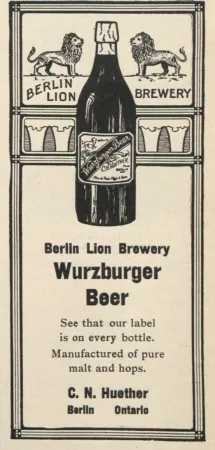












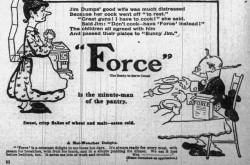
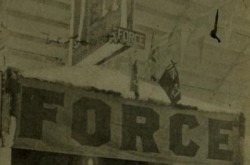
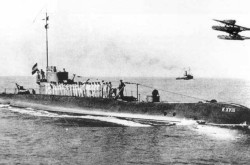
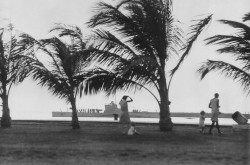
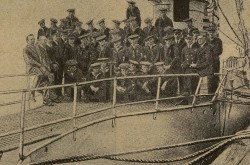
![A block of photographs showing some of the people involved in the bombing of beluga whales in the estuary and gulf of the St. Lawrence River. Anon., “La chasse aux marsouins [sic]. » Le Devoir, 15 August 1929, 6.](/sites/default/files/styles/thumbnail_7/public/2024-09/Le%20Devoir%2015%20aout%201929%20page%206.jpg?h=584f1d27&itok=TppdLItg)
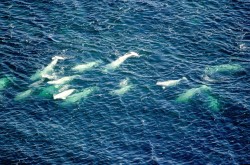
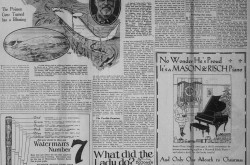
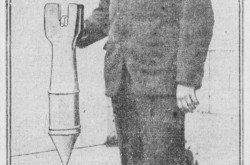
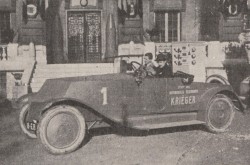
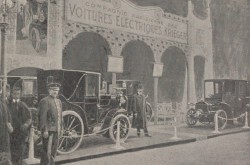
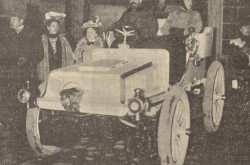
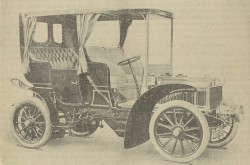

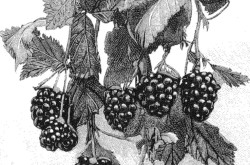
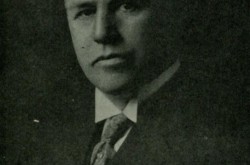
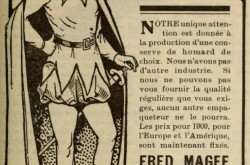

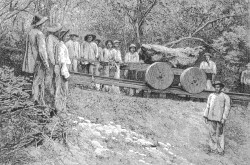
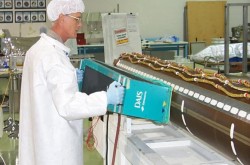
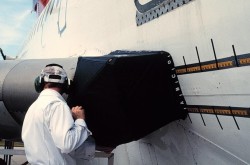
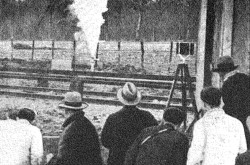
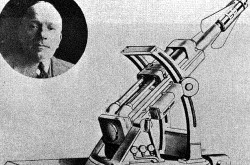
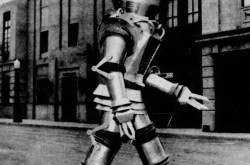

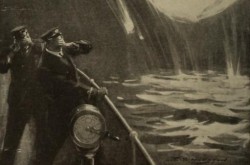
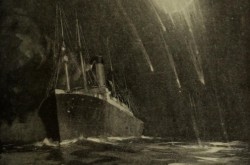
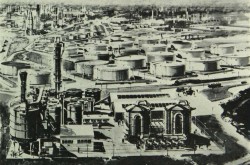
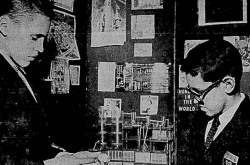


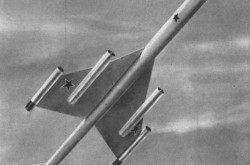
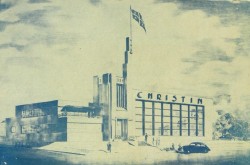
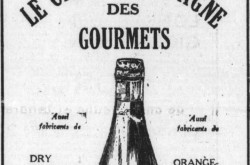
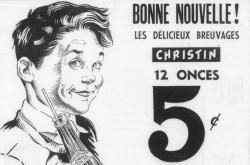
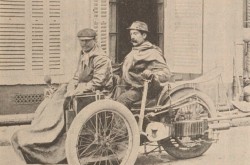
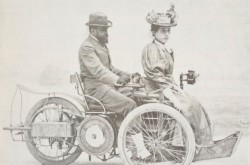
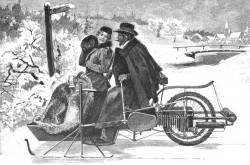
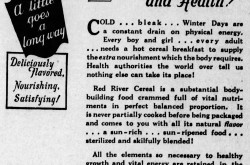
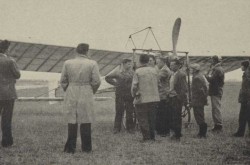
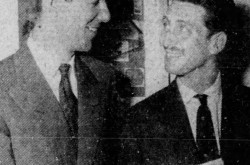

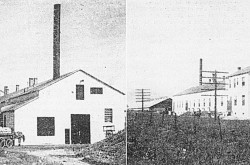
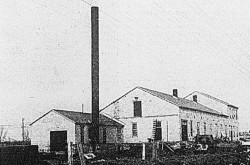
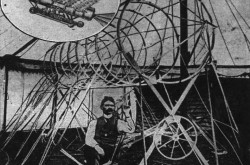
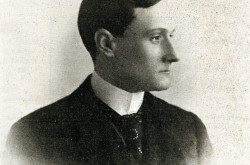
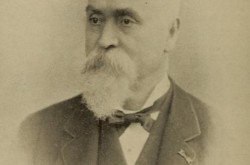
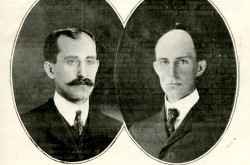
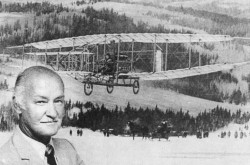
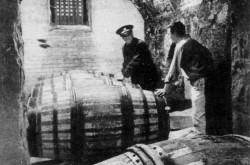
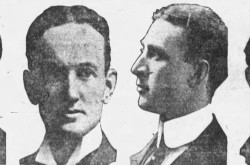
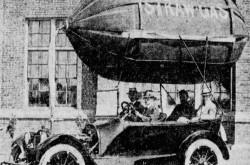
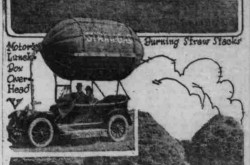
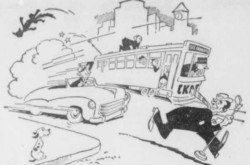
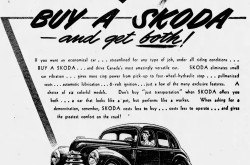
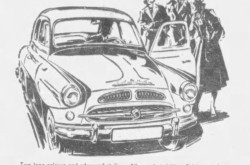
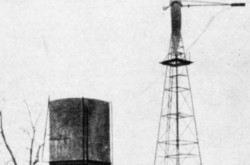
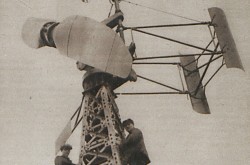
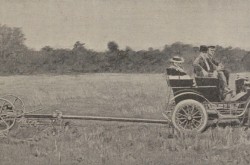
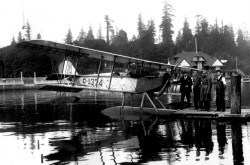
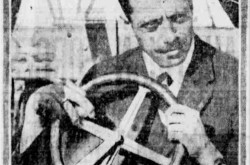
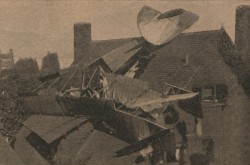
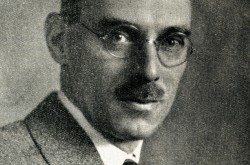
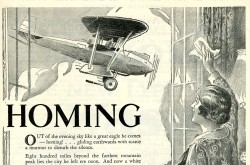



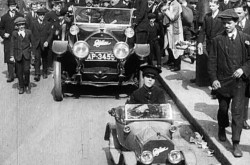
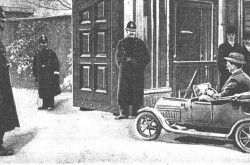

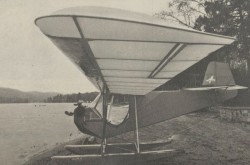
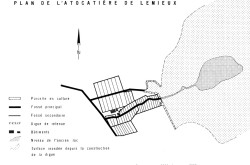
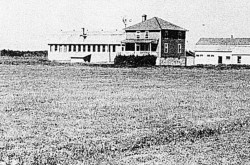
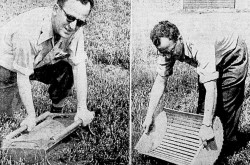
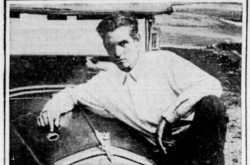
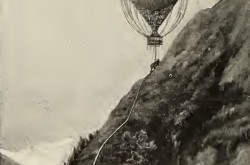
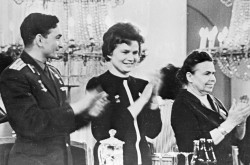
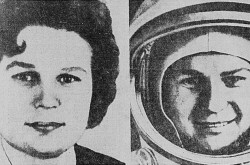
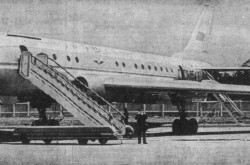
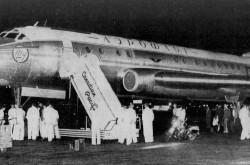
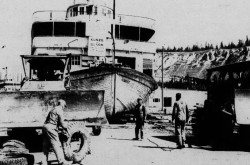
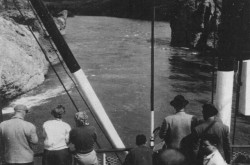
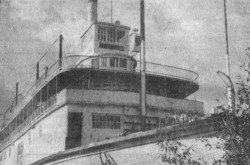
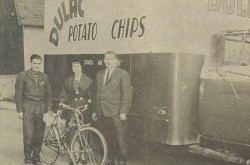

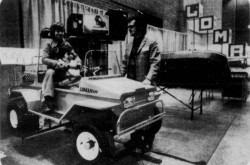
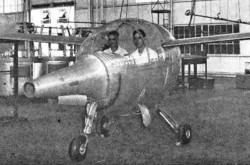
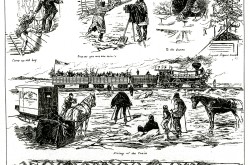
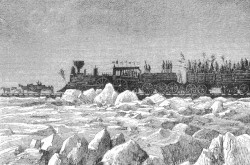
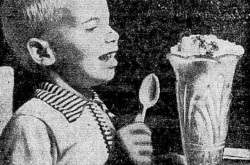
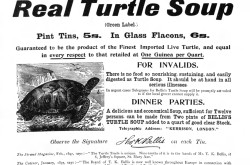
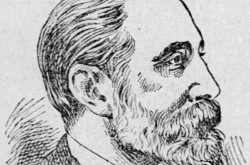

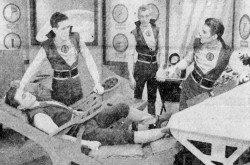
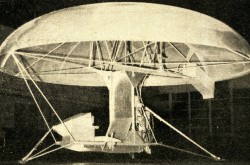
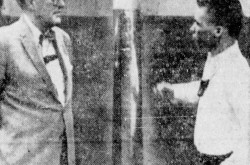
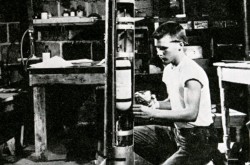

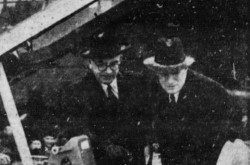
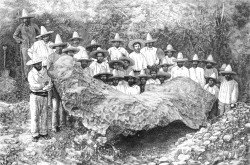
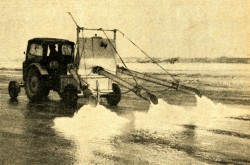
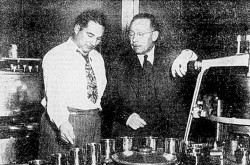
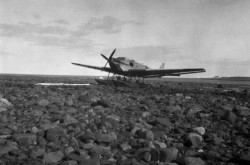
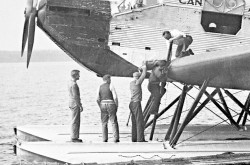
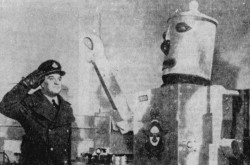
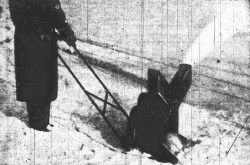
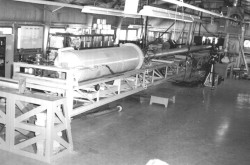
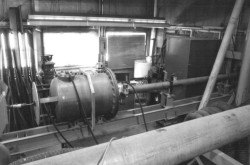
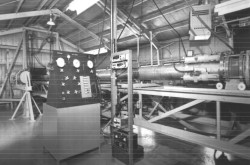
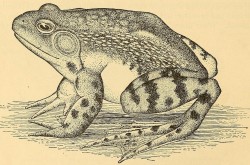
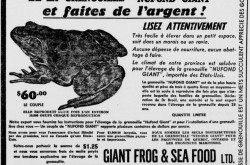
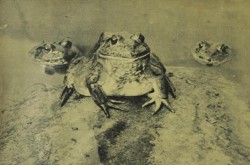
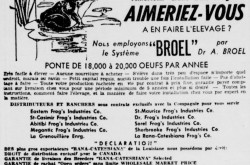
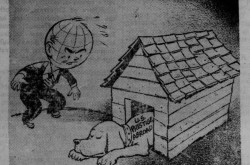
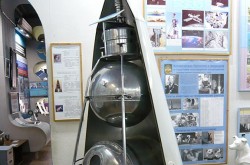
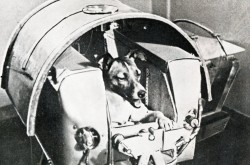
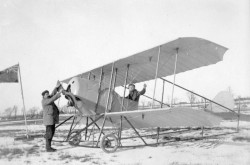
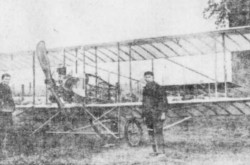
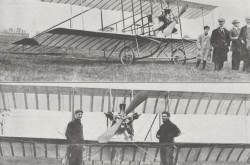
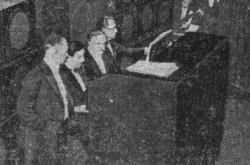
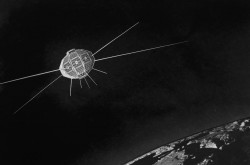
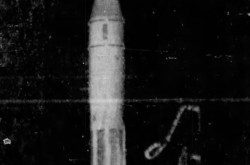

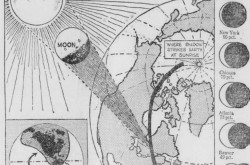
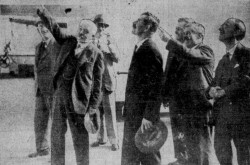
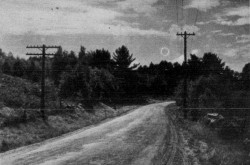


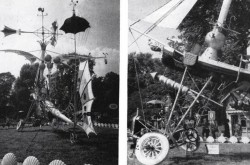
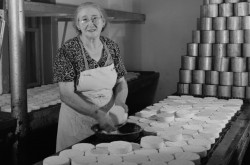
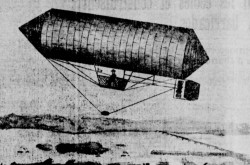
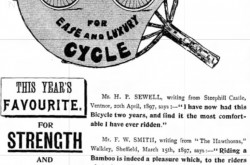
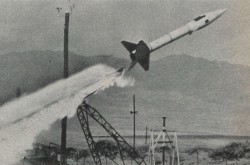
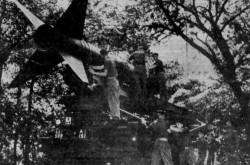
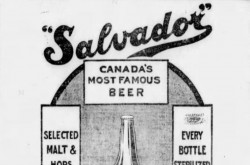
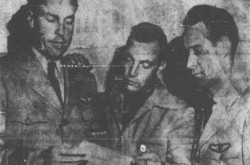

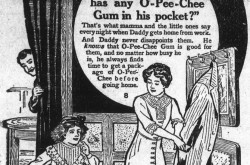
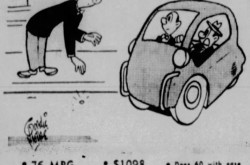
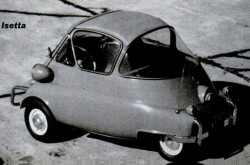
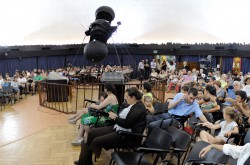
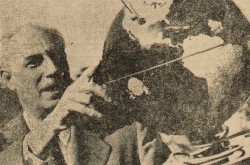
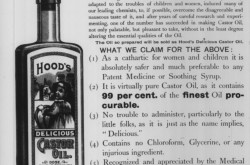
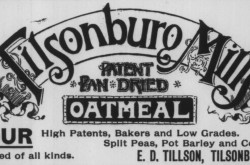
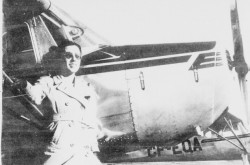
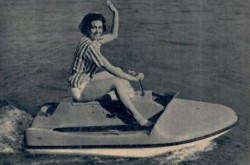



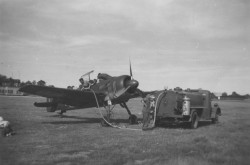

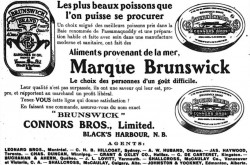

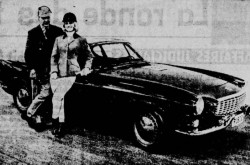
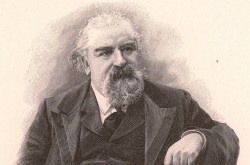
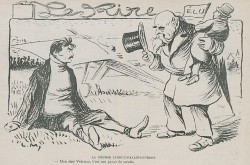
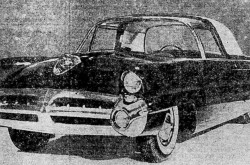
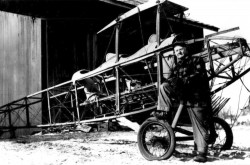

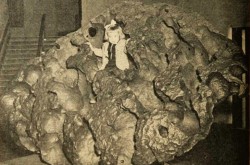
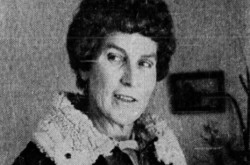
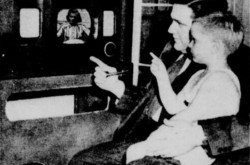
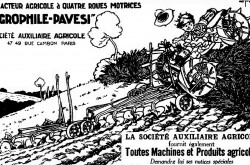

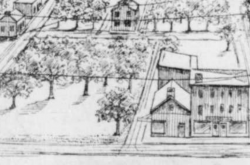
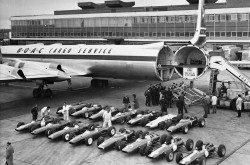
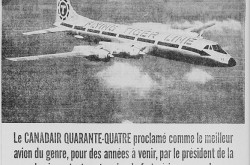
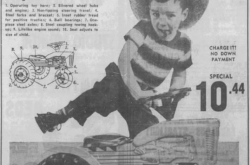
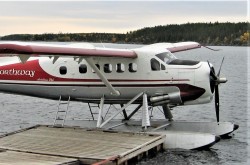
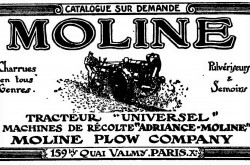


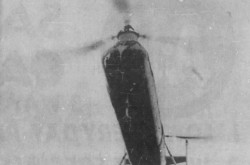
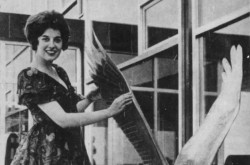
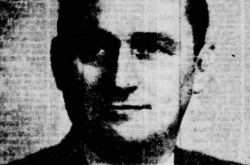
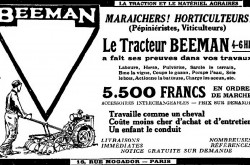
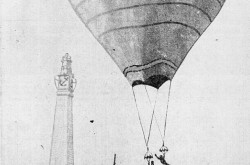
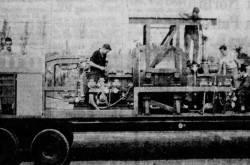
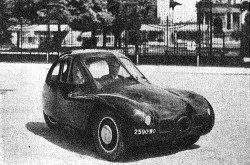
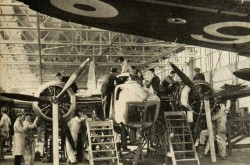


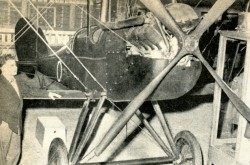
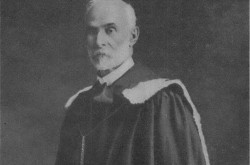
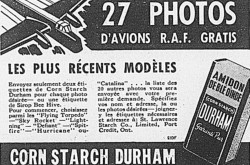
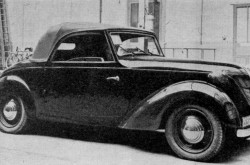
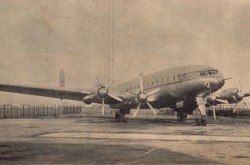

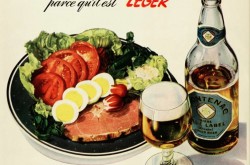
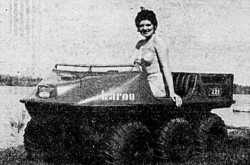
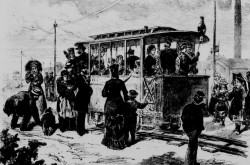
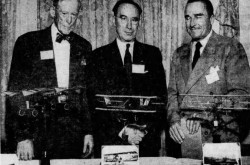


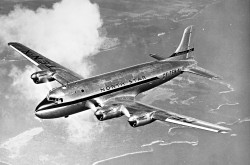
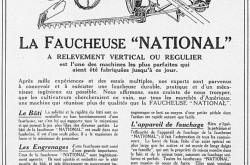
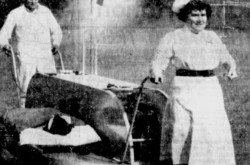
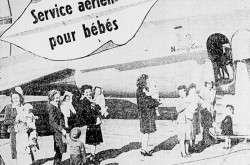
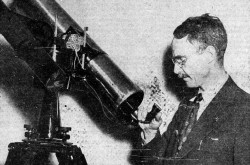
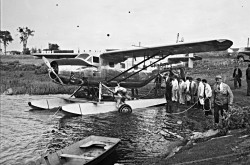
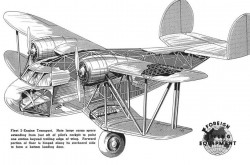
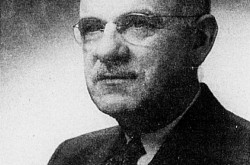
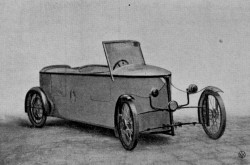
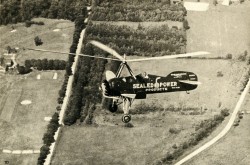
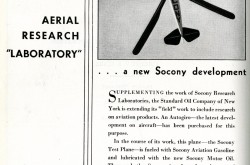
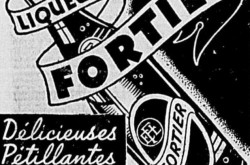
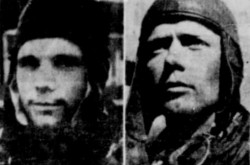

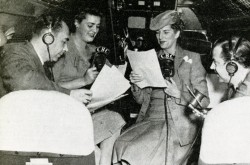
![Peter Müller at the controls [sic] of the Pedroplan, Berlin, Germany, March 1931. Anon., “Cologne contre Marseille – Le mystère du ‘Pédroplan.’ [sic]” Les Ailes, 2 April 1931, 14.](/sites/default/files/styles/thumbnail_7/public/2021-04/Les%20Ailes%202%20avril%201931%20version%20big.jpg?h=eafd0ed4&itok=WnBZ5gMf)
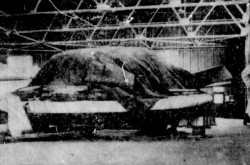
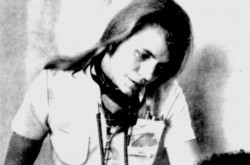
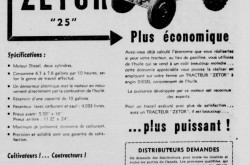
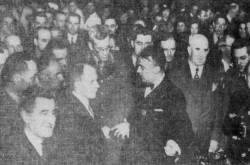
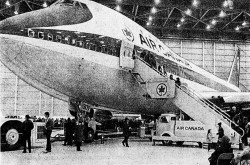
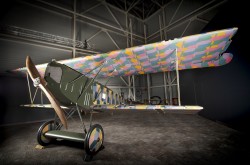
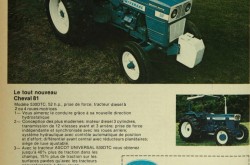
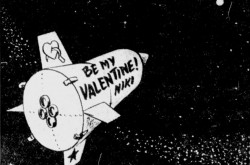
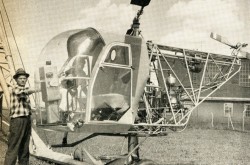
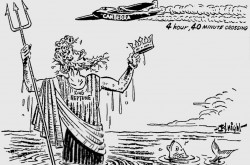
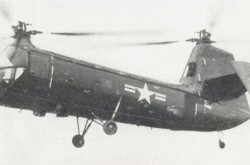
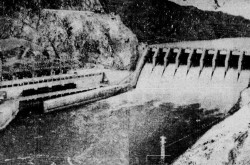
![One of the first de Havilland Canada Chipmunk imported to the United Kingdom. Anon., “De Havilland [Canada] DHC-1 ‘Chipmunk.’” Aviation Magazine, 1 January 1951, cover.](/sites/default/files/styles/thumbnail_7/public/2021-01/Aviation%20magazine%201er%20janvier%201951%20version%202.jpg?h=2f876e0f&itok=DM4JHe5C)


